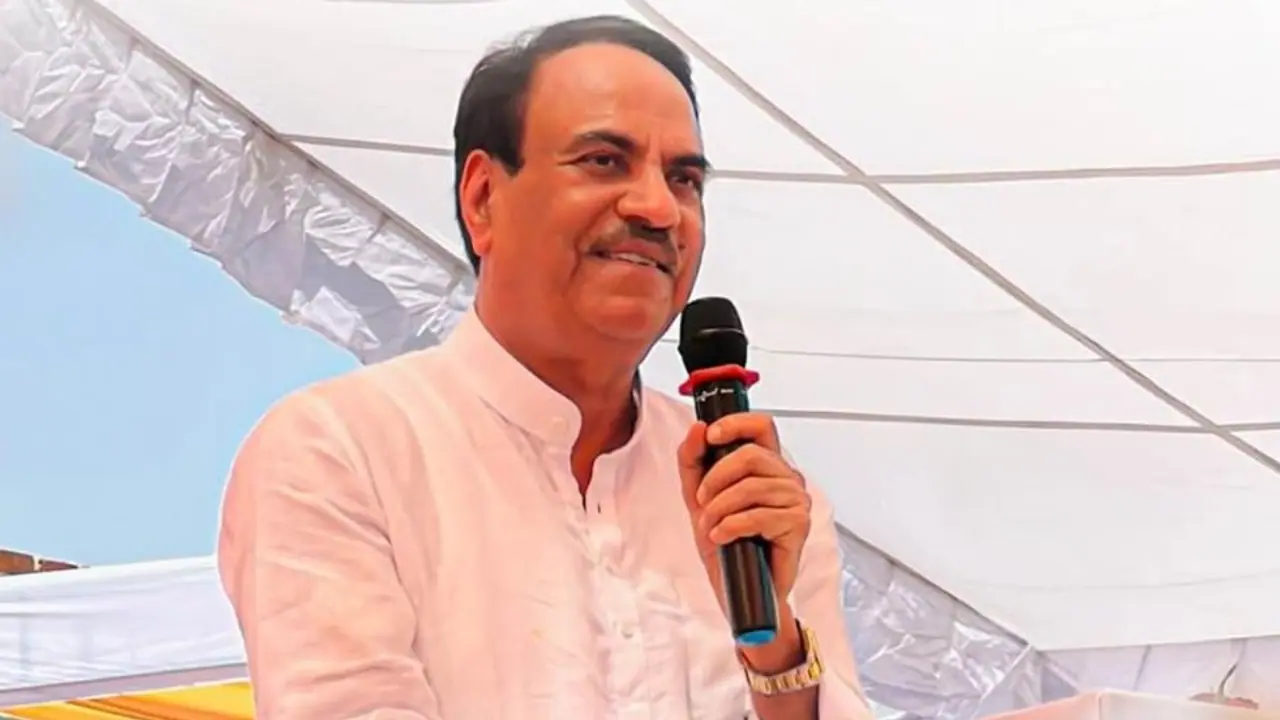Today, that vision has evolved into something much larger a blueprint for development that not only avoids harm but also actively heals communities and landscapes.
New Delhi [India], June 12: "I realized our ancestors were incredible engineers. They built such impressive structures to work with nature, not against it,” Meghraj Singh Shekhawat says
When Meghraj Singh first walked through the crumbling corridors of a 400-year-old haveli in Rajasthan, most people saw decay. He saw an opportunity. Not just to restore a building, but to prove that India's architectural past could hold keys to its sustainable future. “Our multifaceted approach to sustainable innovation spans heritage hospitality, conservation architecture, and community-centered social entrepreneurship, creating a blueprint that bridges luxury with responsibility and tradition with progress,” says Mr. Shekhawat.
Today, that vision has evolved into something much larger a blueprint for development that not only avoids harm but also actively heals communities and landscapes. From converting heritage properties into eco-conscious hotels to installing oxygen plants in remote villages during COVID-19, Mr. Shekhawat's work spans an unusual range. But there's a common thread: everything he touches seems to get better, not just for business, but for people and the planet.
Beyond Pretty Hotels: The Navjan Foundation's Quiet Revolution
But here's where Meghraj Singh Shekhawat's story gets really interesting. While building sustainable hotels could have been a successful career in itself, he kept asking bigger questions. What good is a beautiful, efficient building if the community around it is struggling? How do you create real sustainability without addressing the basic needs of people who live nearby?
The Navjan Foundation became his answer. Started initially to support education and healthcare in rural areas, it evolved into something more ambitious during the pandemic. When COVID-19 hit and oxygen shortages became headline news, Shekhawat didn't just donate money or supplies. The Foundation began setting up oxygen generation plants in underserved communities.
"During the second wave, we were getting calls from families who couldn't find oxygen for their loved ones," he recalls. "Installing these plants wasn't just about the immediate crisis it was about making sure communities never feel that helpless again," adds Mr. Shekhawat.
Making It Personal: Why This Approach Works
What makes Mr. Shekhawat's work different is not just the scope it is the personal investment. He does not just fund projects; he gets involved in implementation details. He does not just preserve buildings; he trains local craftspeople in traditional techniques that might otherwise be lost. He doesn't just install equipment; he ensures communities know how to maintain and operate it.
This hands-on approach creates something economists call "embedded sustainability" solutions that become part of the local fabric rather than external interventions that disappear when funding ends.
What's Next: Scaling Up Without Losing Soul
As demand grows for both sustainable hospitality and community-focused development, Meghraj Singh faces the challenge many successful social entrepreneurs encounter: how to scale impact without losing the personal touch that makes the work effective.
His approach seems to be focusing on knowledge transfer and capacity building. Rather than trying to personally oversee every project, he's working to train others in his methods and support new initiatives that align with his integrated approach to sustainability.
"The goal isn't to do everything myself," he explains. "It's to show that this way of thinking works, and then help others adapt these ideas to their own communities and contexts."
A Different Kind of Legacy
In a world full of grand announcements and ambitious promises about sustainability, Meghraj Singh Shekhawat's approach feels refreshingly practical. He's not trying to revolutionize everything at once. Instead, he's steadily building a portfolio of projects that prove sustainable development isn't just possible it's profitable, replicable, and deeply satisfying.
"Success isn't just about what you build," he reflects. "It's about whether what you build makes the next generation of builders smarter and more capable than you were,” concludes Mr. Shekhawat.

